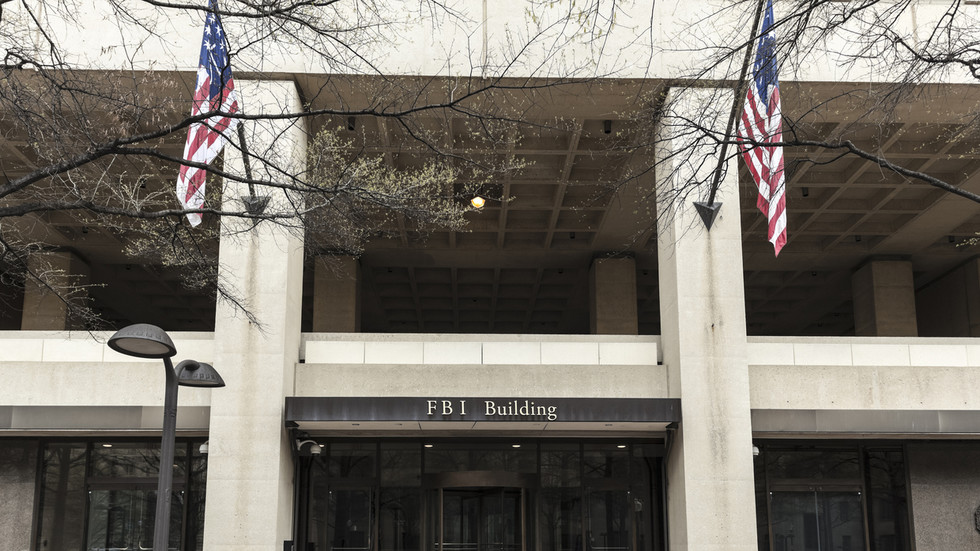In response to recent accusations from the United States, Russian companies are taking legal measures to defend themselves, a move that has garnered support from the Kremlin. Dmitry Peskov, the spokesman for the Kremlin, expressed that the government backs any efforts by targeted companies to seek justice in legal courts. This statement followed reports that ANO Dialog, a Russian organization focused on combating misinformation, intends to sue the FBI for claims suggesting involvement in the dissemination of misleading content. The allegations allege that ANO Dialog has been participating in AI-generated deep fake activities and are part of a larger narrative identifying the organization as a Russian state-sponsored entity that threatens electoral integrity in the U.S.
Peskov elaborated on the Kremlin’s position by indicating that all organizations, whether state-backed or private, should utilize all legal avenues at their disposal to protect their rights. This endorsement reflects the Kremlin’s broader strategy to support Russian entities facing international scrutiny, particularly from the West. However, despite encouraging the lawsuits, Peskov expressed skepticism about the impartiality of the American judicial system, suggesting that it may not uphold principles of fairness in cases involving Russian organizations. His comments highlight a growing mistrust between Russian firms and American legal institutions, framing them as biased against Russian interests.
Vladimir Tabak, the CEO of ANO Dialog, refuted the charges against his company, asserting they are grounded on dubious evidence provided by officials from the U.S. Justice Department and Treasury. He suggested that the accusations stem from unreliable testimony from FBI agents, arguing that such claims could also implicate U.S. authorities in the spread of false information. This perspective portrays the U.S. government as potentially complicit in disinformation efforts, thereby attempting to diminish the credibility of the allegations against ANO Dialog.
Tabak further revealed that ANO Dialog has engaged American legal counsel to pursue action against the FBI and is preparing to file this lawsuit in Pennsylvania. This legal move represents a significant step for the organization, signaling its commitment to challenging the narrative constructed by U.S. authorities. In conjunction with these legal preparations, Tabak announced the establishment of an International Association for Fact-Checking, aimed at countering misinformation through collaborative efforts with countries considered friendly to Russia. This initiative underscores a strategic pivot towards building international alliances that can collectively confront and refute perceived disinformation campaigns.
The formation of the International Association for Fact-Checking reflects a broader ambition to establish a platform for collaboration among nations that share similar values regarding the dissemination of information. This indicates a strategic attempt to not only defend against accusations but also to promote a counter-narrative that showcases Russia’s commitment to truth and fact-checking in the global information landscape. By aligning with like-minded countries, ANO Dialog hopes to bolster its credibility and counteract the perceived onslaught of Western information campaigns aimed at delegitimizing Russian viewpoints.
Ultimately, the unfolding legal battle between ANO Dialog and the U.S. government symbolizes the increasing clash over information warfare in international relations. As tensions between Russia and the U.S. continue to escalate, such lawsuits may become emblematic of a broader struggle for narrative control in an age defined by rapid technological advances and the proliferation of misinformation. The Kremlin’s backing of Russian companies like ANO Dialog in their fight against Western accusations illustrates a desire to assert their rights on the international stage while challenging the legitimacy of U.S. legal frameworks, fearing they may not offer a fair court to address what they consider unjustifications of Russian actions in the digital realm.

